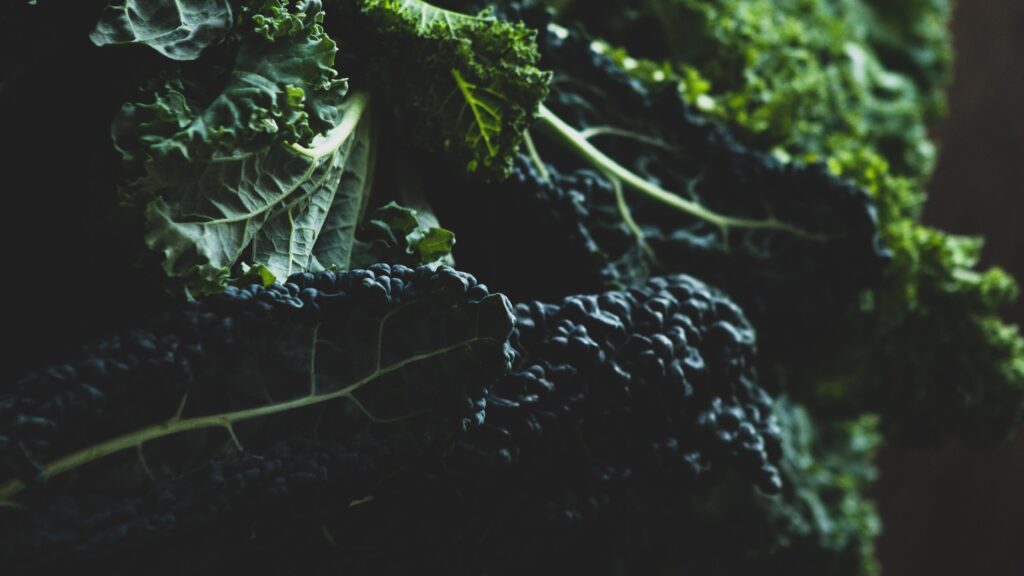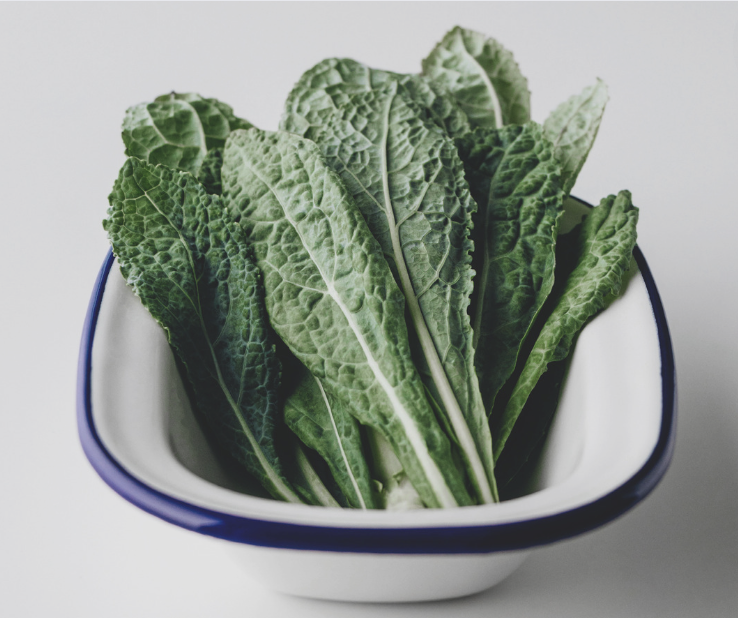Fertility is a complex topic and one that requires a multifaceted approach. So I will start by acknowledging that there is no “one diet” or “magic bullet” to the fertility picture; however, there are certain foods that may play an incredible role in supporting hormones, easing the menstrual cycle, and boosting fertility. So this article will break down my 6 favorite foods for fertility and why.
BUT FIRST, LET’S GET SOMETHING STRAIGHT…
While we’ll be highlighting a couple of foods here, it’s important to know that the WHOLE diet is what really matters. In other words, if you are eating mostly processed foods and engaging in unhealthy habits, then simply including several of these foods won’t do much. Instead, making sure to…
- eat a high quality, whole food, plant based diet
- include a diversity of fruits and veggies everyday
- shop organic as much as possible
- opt for wild seafood and ethically and sustainably sourced eggs, meat and poultry (if you include animal products)
will be what makes the biggest difference for supporting health and fertility – not simply including this or that food. In other words, the whole is more than the sum of its parts.
Once you have the foundation down, then you can start to experiment, individualize, and play around with specific foods and specialty products.
So with that out of the way,
here are MY top 6 foods FOR FERTILITY…

1. DARK LEAFY GREENS
Really, all vegetables are key, but dark leafy greens are some of the most beneficial. Kale, Swiss chard, spinach & bok choy are just a few of the dark green veggies that can go a long way. These vegetables are like little nutrient powerhouses, concentrated with many vitamins, minerals and antioxidants that can help balance hormones, support ovulation, and reduce oxidative stress and inflammation.
2. BEETS
Beets and their greens can also go a long way. Beets are high in a compound called nitric oxide, which can help support blood flow and circulation. It’s for this reason that Traditional Chinese Medicine has long referred to beets as a food that can help “nourish” the blood. Increased blood flow is needed for a healthy uterine lining and a well functioning reproductive system. One study even investigated this relationship, finding that those that drank a daily beetroot ginger drink were more likely to have better IVF outcomes than those that did not. While this study did not look at beets in isolation, the researchers did point to the nitric oxide in beets as the primary benefit and m.
3. WILD, FATTY FISH
Wild, fatty, cold water fish, like salmon and anchovies, are high in DHA, a type of omega-3 fatty acid that can otherwise be hard to come by. DHA helps to improve symptoms of PCOS, endometriosis, ovulation and period health, all of which can further support fertility outcomes. Aim for 12 oz of low mercury, fatty fish weekly (about 2 servings a week).
4. SEEDS
Seeds are one of my favorite foods to include when it comes to hormone health and fertility. Sunflower, pumpkin, flax, and sesame can all help to support the body’s reproductive system. They’re loaded with vitamin E, selenium, zinc, phytoestrogens, and polyunsaturated fats, all of which have been shown to support egg quality, ovulation, and estrogen levels. To read more about seeds, check out this article here.
5. AWA or Certified Humane EGGS
Eggs are already a symbol of fertility in many cultures and for good reason. In addition to the protein and fats, eggs provide ample amounts of choline, a nutrient that is crucial for ovarian function and early pregnancy development and protection. Eggs also contain many minerals, like calcium, and vitamins, like A and K2, which all support general reproductive health. Just make sure to look for AWA or Certified Humane eggs to ensure the highest quality.
P.S. do not fear eggs – a few decades ago, there was a bit of misinformation around eggs and cholesterol, but this has been disproven. There is a clear lack of high quality evidence connecting eggs to heart disease.
6. FERMENTED FOODS
Fermented foods, like kimchi and sauerkraut, are packed with probiotics that help to support a healthy gut microbiome. Not only does our gut bacteria help produce important nutrients, such as B vitamins, but it greatly influences the levels of our circulating reproductive hormones. Fermented foods help to assist in bowel regularity, which support the excretion of excess estrogen and other hormones, promoting general hormone balance.
The Takeaway:
All of these foods can play a healthful role in the diet, supporting our overall health, hormones, and fertility. However, no one food will be the magic bullet. Instead, incorporating a variety of whole foods will be key – vegetables and fruits, whole grains, nuts, seeds, legumes, lean protein and healthy fats. THESE are our building blocks. From there we can start to put an extra emphasis on the above.
And with that, I will remind everyone that fertility is influenced by so much more than just food. Our emotional health, sleep, movement, environments and more will all play a part in this picture.
Looking for more help? Book a discovery call so we can chat about how we can further support you on your journey.
Written by: Amanda Wahlstedt, RDN

share this post >>
share this post >>